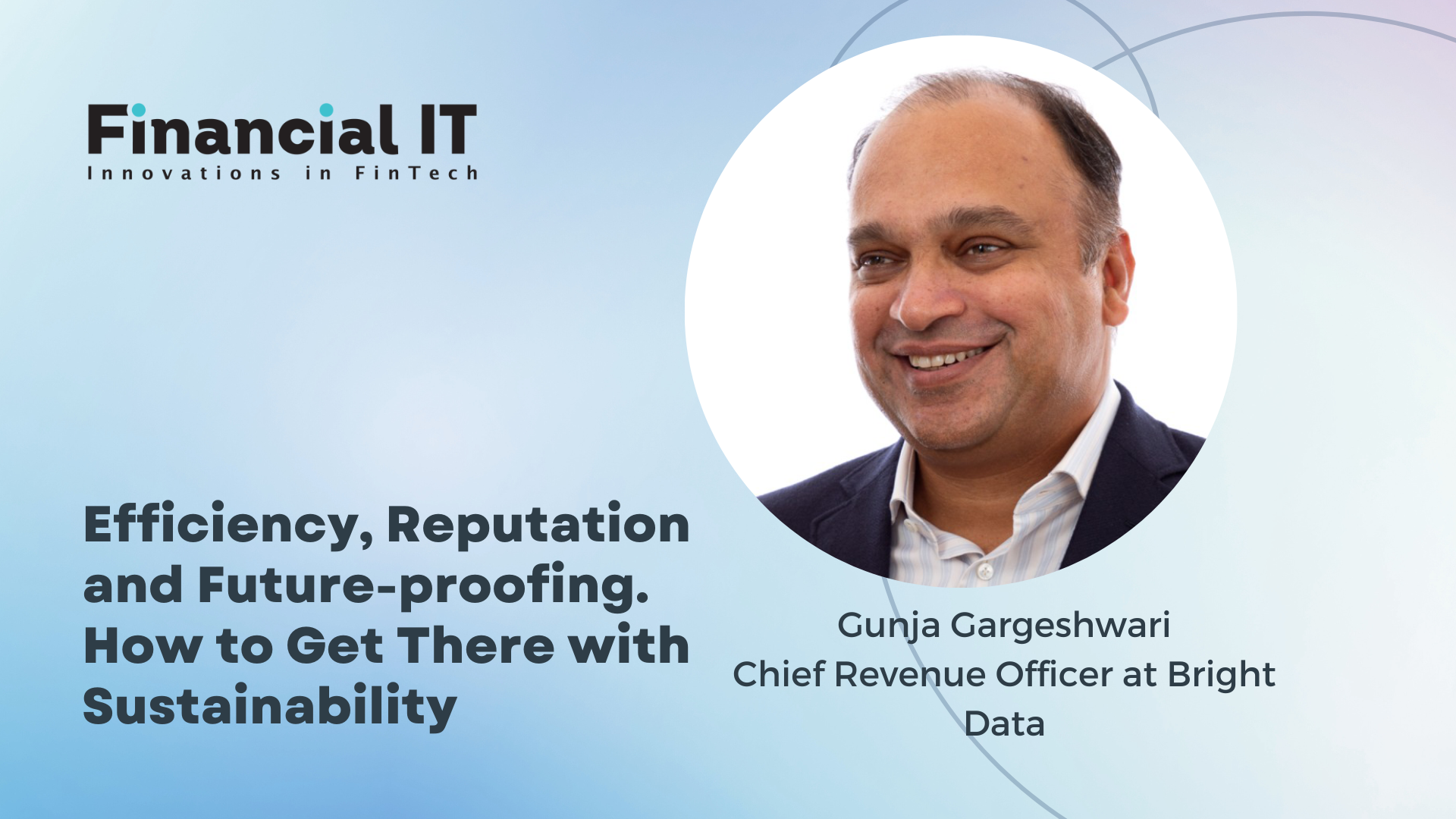Efficiency, Reputation and Future-proofing. How to Get There with Sustainability

- Gunja Gargeshwari, Chief Revenue Officer at Bright Data
- 16.08.2023 11:15 am #data
Those three words Efficiency, reputation and future-proofing are the result of a great sustainability program for a business.
Vague goals and claims won’t cut it- no one is buying empty ESG promises, which means you need data to measure where you can improve and where you are succeeding.
A recent survey reveals that more than half of UK businesses lack the necessary data for informed decision-making and those same companies are looking to make big strides in their sustainability efforts.
Public web data collection
The solution lies in public web data collection, which involves gathering publicly available and relevant information from sources such as websites, social media, customer reviews, and more.
Collecting the data and attempting to turn it into structured data can be complex, luckily there are companies, like Bright Data that can do it for you. According to Alternative Investment Management Association, AIMA, there will be over 5,000 available alt data sets by 2024, all varying in quality, breadth, type, and countless other factors as well.
Why is it so important right now?
If your social media channels turn green for Earth Day, but there are no real promises and action behind that- you’re guilty of greenwashing- and it can land your company in big trouble. Last year banking giant HSBC had to pull an ad on planting trees because the Advertising Standards Authority ruled it was misleading.
Not only has sustainability (or the lack thereof) become a reputational risk, but it has also become a significant indicator of long-term profitability and security by lower operating costs and attracting investors. Last year, Capital Group surveyed 1,000 of its investors and concluded nearly two-thirds of Global Investors Prefer ESG integrated into their investments.
Show your success
Analyzing data on carbon emissions, energy consumption, management practices and environmental regulation can help to assess where you are currently and identify where to improve. Use your data and your competitors to benchmark where you are currently and develop a guide for where you want to be.
Public web data can provide transparency in supply chains to make sure you have the most sustainable sourcing practices. By accessing information on suppliers' environmental practices, certifications and social responsibility initiatives, businesses can make decisions that take sustainability into account when choosing partners.
Public web data can help c companies effectively plan, execute, monitor and report on a comprehensive ESG plan by providing key data points.
























